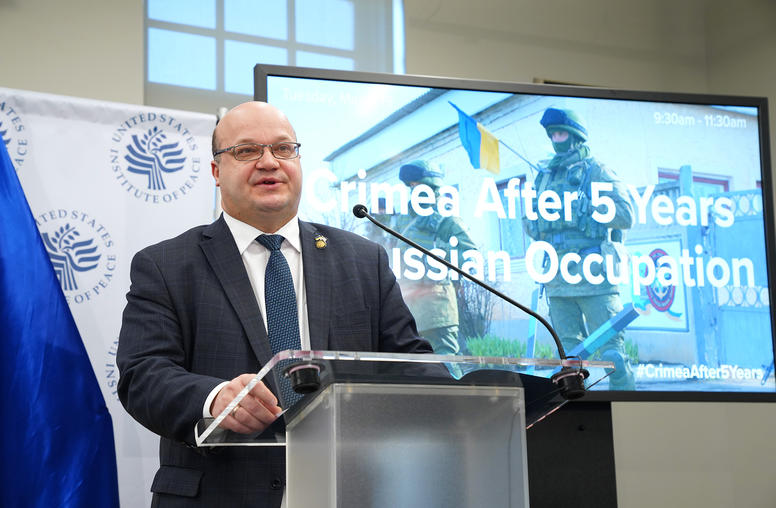
Crimea after Five Years of Russian Occupation
The U.S. Institute of Peace, the Ukrainian Embassy and the Atlantic Council hosted a discussion on the illegal Russian occupation of Ukraine’s Crimea.
As a national, nonpartisan, independent Institute, the U.S. Institute of Peace draws on our exceptional convening power to create opportunities for diverse audiences to exchange knowledge, experiences, and ideas necessary for creative solutions to difficult challenges. We serve as an important, neutral platform for bringing together government and nongovernment, diplomacy, security, and development actors, and participants across political views. The Institute’s events help shape public policy and priorities to advance peaceful solutions to conflict and strengthen international security.

The U.S. Institute of Peace, the Ukrainian Embassy and the Atlantic Council hosted a discussion on the illegal Russian occupation of Ukraine’s Crimea.
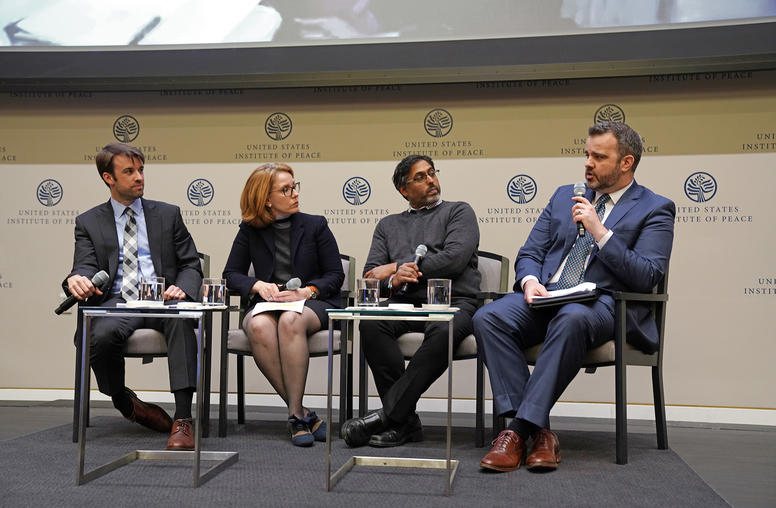
The effort to end the war in Afghanistan with a political settlement has moved to the forefront of the policy conversation, with all elements of the U.S. government, including the military, increasingly playing a role. In support of this effort, USIP is partnering with CENTCOM—the U.S. military command responsible for Afghanistan, Pakistan, and the Middle East—for a panel on the status of the Afghan peace process and the U.S. military’s potential role.
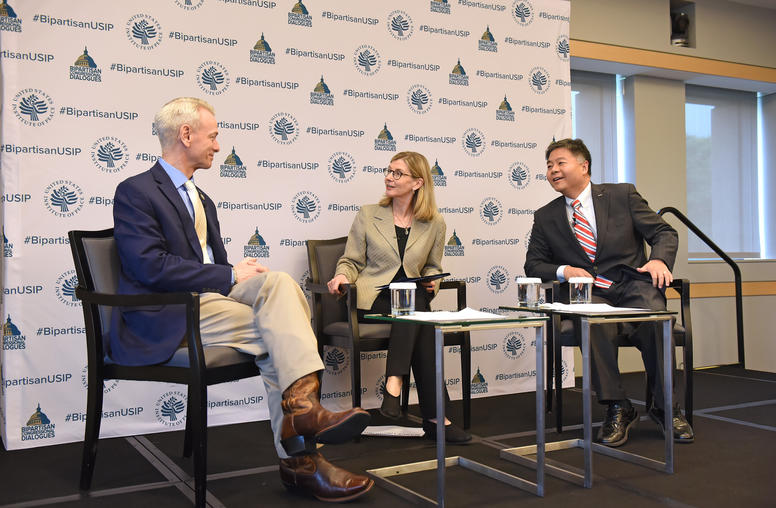
Two Members of Congress and military veterans, Representative Ted Lieu (D-CA) and Representative Steve Russell (R-OK), will examine the importance of ongoing diplomatic efforts, possible outcomes of negotiations, and the role they hope Congress plays in the coming months at USIP’s third Bipartisan Congressional Dialogue on May 22.
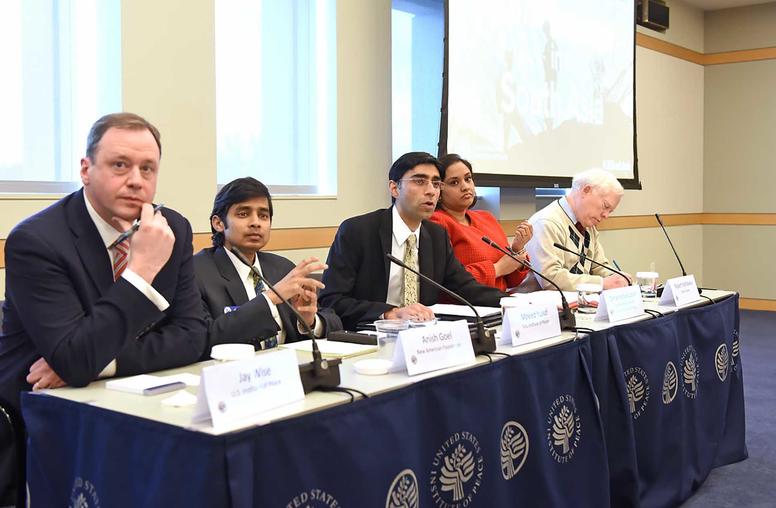
Following the announcement of a new South Asia strategy in August 2017, the Trump administration has laid out significant policy goals in the region, including preventing the Taliban insurgency from winning ground in Afghanistan, deepening the U.S. strategic partnership with India, and forcing a shift in Pakistan’s security strategies towards its neighbors. Does the U.S. have the necessary leverage and influence over key actors in South Asia needed to accomplish its policy goals?
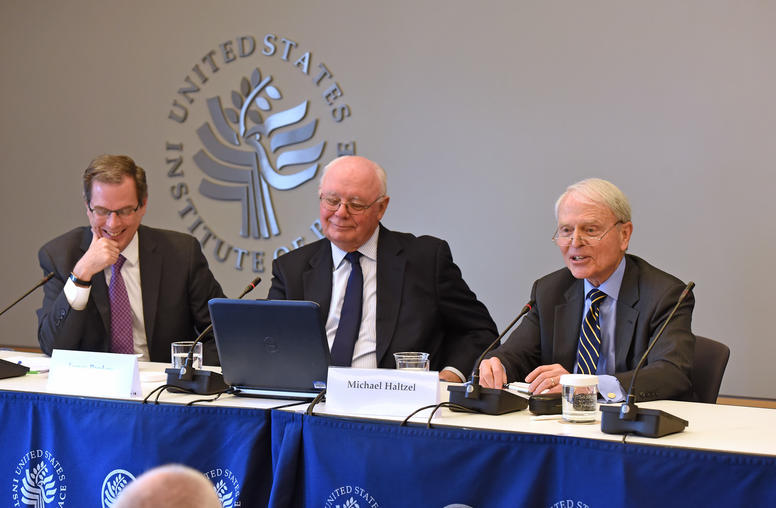
The United States played a leading role in ending wars that gripped the Balkans more than 20 years ago. Amid growing interest in the possibility of a peacekeeping mission in eastern Ukraine, a fresh look at American efforts in the former Yugoslavia is timely: What can be learned from the U.S. diplomatic experience in the Balkans that might be applied in the Ukrainian conflict? Ambassador James Pardew, former member of Richard Holbrooke’s negotiating team on the Balkans, will discuss insights captured in his new book, Peacemakers: American Leadership and the End of Genocide in the Balkans, in a discussion at the U.S. Institute of Peace on February 15.
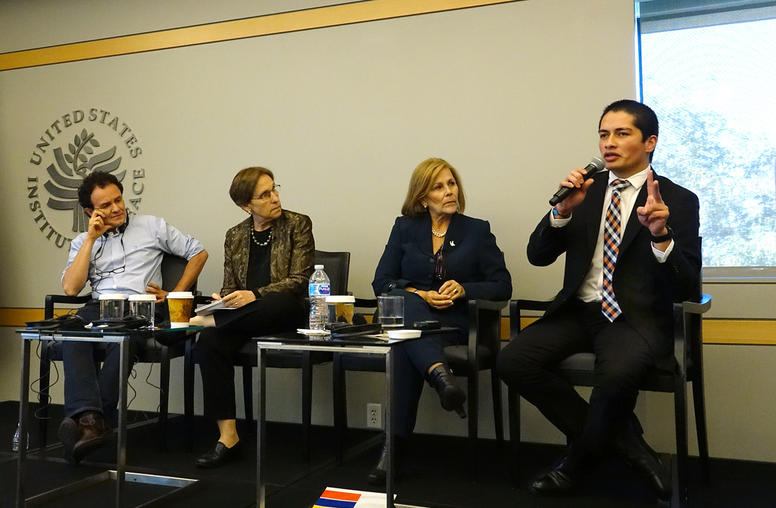
Reparations for victims and reintegration of combatants are key provisions of Colombian law and of the year-old peace agreement that ended a half century of war between the government and the country’s largest rebel group. The effect of the conflict and how the government is fulfilling its commitments was the focus of a discussion on October 31st at the U.S. Institute of Peace, co-hosted with the Woodrow Wilson Center’s Latin American Program.
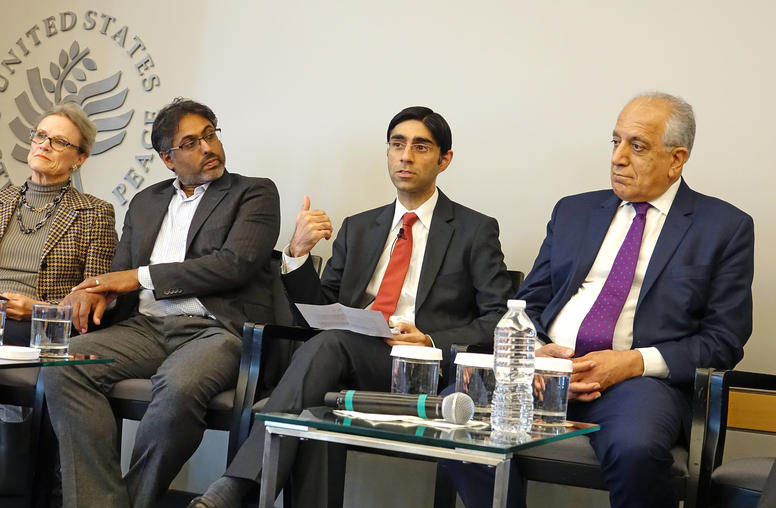
The new U.S. effort to stabilize Afghanistan includes a more confrontational approach toward neighboring Pakistan. What are the advantages and costs of that approach, and how should the United States now calibrate its engagement with Pakistan? On October 18, USIP held this discussion. Four senior American officials, who collectively have worked through decades of turbulent U.S.-Pakistan relations, debated these questions and the impact of the new U.S. approach on Pakistan and the region.
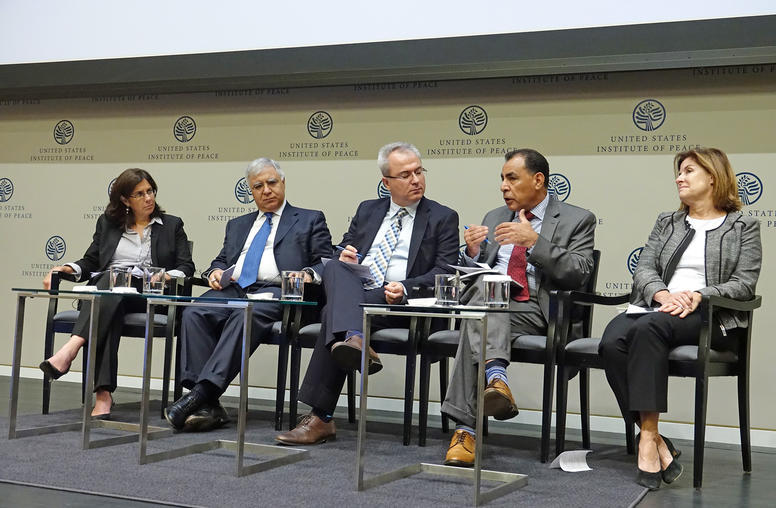
The first day of the 2017 conference of the Alliance for Peacebuilding was held at the U.S. Institute of Peace on Oct. 11, as experts explored new ideas for preventing and resolving violent conflict.
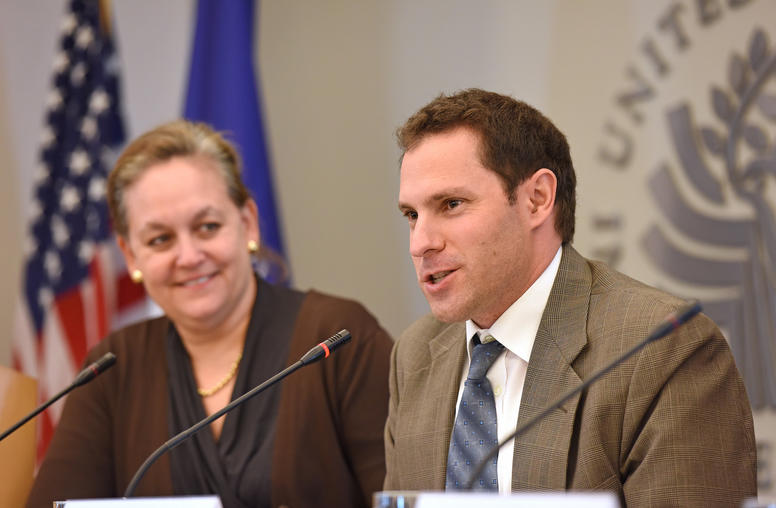
New research highlights how communities use cohesion and social structures to non-violently influence armed groups—a capacity that governments and institutions often fail to recognize. On October 2, USIP convened a discussion on such community self-protection, and how policymaking might better support it in conflict zones such as in Syria or Afghanistan.
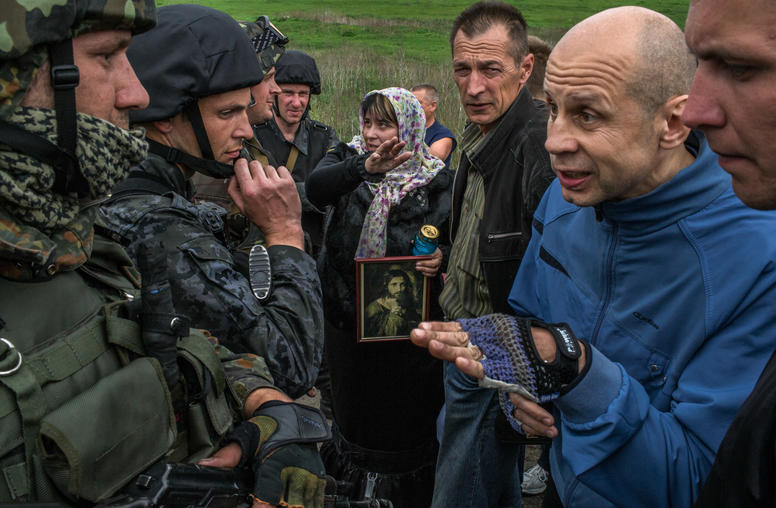
After decades in which the fields of nonviolent action and conflict resolution have evolved separately, new reports underscore that they need to collaborate to prevent social conflicts from turning violent and to build more inclusive societies. On July 26, USIP and its partners reviewed this research and discussed how these distinct paths for seeking sustainable peace can be better combined.